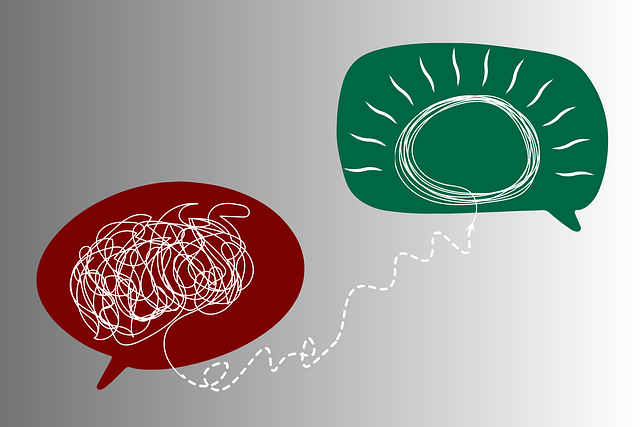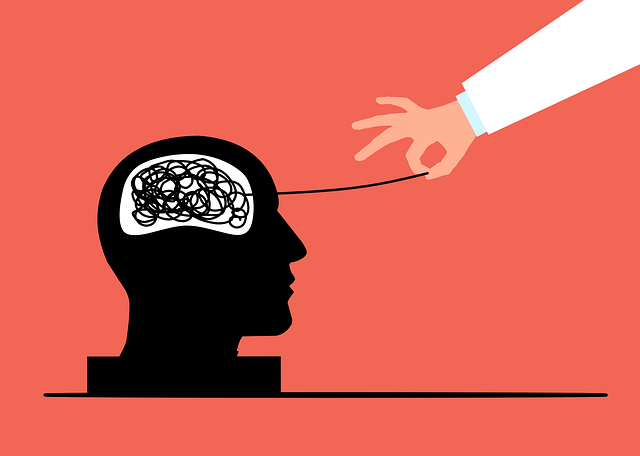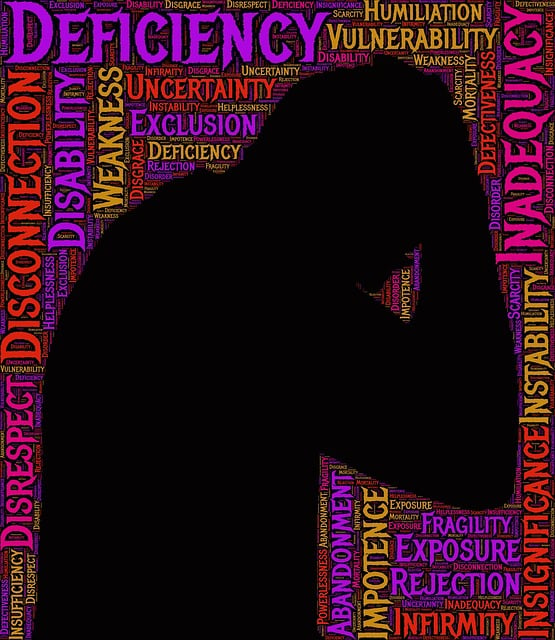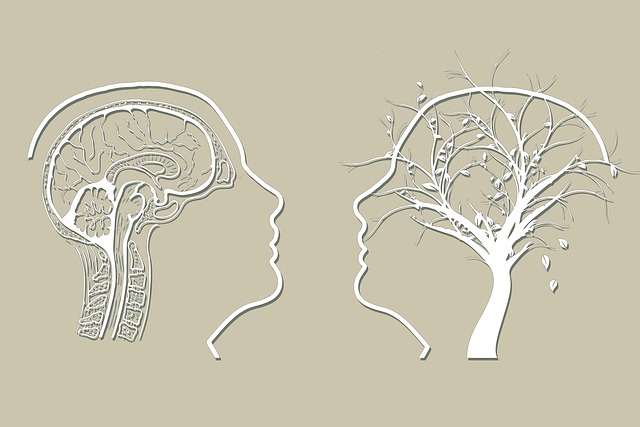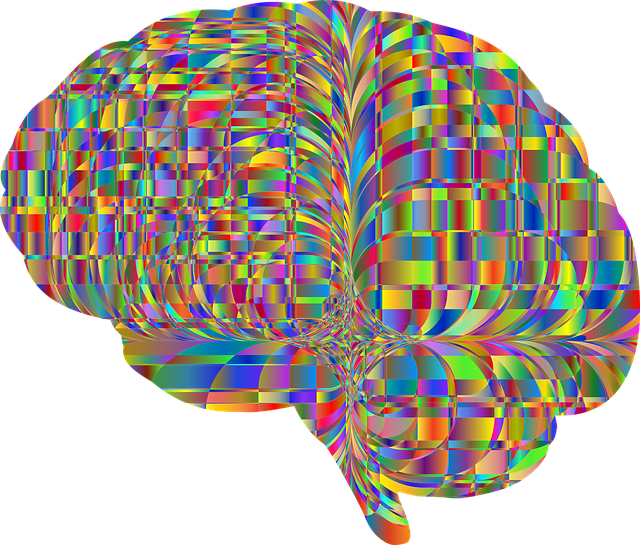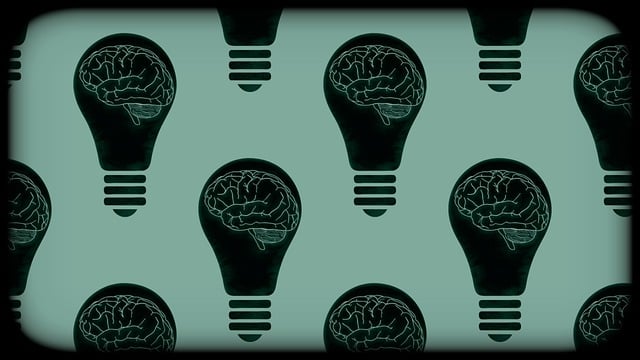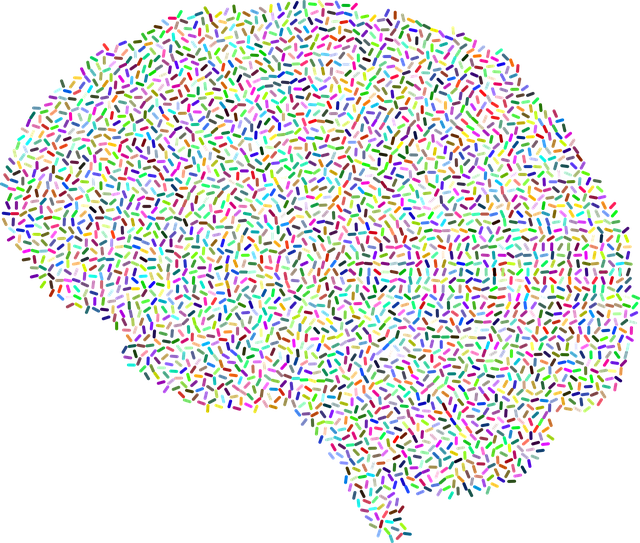Mental wellness apps are transforming mental healthcare in the digital age by offering personalized support through features like mindfulness exercises, meditation practices, mood tracking, and evidence-based therapies such as Lakewood EMDR Certified Therapy. These apps cater to diverse needs from burnout prevention to mood management, improving symptoms and overall functioning. Integrating Lakewood EMDR Certified Therapy techniques, prioritizing emotional regulation tools, and ensuring cultural competency enhances their effectiveness. Successful app design focuses on user experience, engaging features, and therapeutic atmospheres. Marketing strategies target specific audiences seeking anxiety relief through self-care practices, leveraging social media, partnerships with healthcare providers, and influencer collaborations for increased reach and awareness.
Mental wellness apps are revolutionizing access to support, offering personalized therapeutic tools within reach. This article explores the growing landscape of digital mental health solutions, with a focus on the integral role of Lakewood EMDR Certified Therapy in app development. We’ll delve into key features enhancing user experiences, from evidence-based techniques to engaging interfaces designed for healing. Additionally, we’ll discuss marketing and distribution strategies targeting those seeking mental wellness support.
- Understanding Mental Wellness Apps and Their Impact
- The Role of Lakewood EMDR Certified Therapy in App Development
- Key Features to Consider for Effective Mental Health Support
- User Experience Design: Creating an Engaging and Therapeutic Environment
- Marketing and Distribution Strategies for Mental Wellness Apps
Understanding Mental Wellness Apps and Their Impact

Mental wellness apps have emerged as powerful tools in the digital age, offering accessible and personalized support for individuals seeking to improve their mental health. These applications provide a range of features, from mindfulness exercises and meditation practices to mood tracking and cognitive behavioral therapy techniques. By integrating evidence-based therapies like Lakewood EMDR Certified Therapy, these apps cater to diverse needs, focusing on areas such as burnout prevention, self-esteem improvement, and mood management.
The impact of mental wellness apps is significant, as they democratize access to care, making professional support more accessible to a broader audience. Studies show that regular use can lead to improved symptoms, enhanced emotional well-being, and better overall functioning. With their ability to deliver tailored interventions, these apps have the potential to revolutionize mental health care, offering convenient, discreet, and effective solutions for individuals navigating various mental health challenges.
The Role of Lakewood EMDR Certified Therapy in App Development

Incorporating Lakewood EMDR Certified Therapy into mental wellness app development is a game-changer in the digital health landscape. This evidence-based approach, recognized for its effectiveness in treating trauma and various mental health conditions, offers a unique opportunity to enhance user experiences within apps. By integrating techniques such as bilateral stimulation and cognitive reprocessing, apps can provide accessible, personalized therapy sessions tailored to individual needs. This not only empowers users with tools for self-care but also promotes mental health education programs design that cater to diverse populations.
Beyond its therapeutic benefits, Lakewood EMDR Certified Therapy contributes significantly to Depression Prevention and Mental Illness Stigma Reduction Efforts. App developers leveraging this certification can create features that encourage open dialogue about mental health, foster a sense of community, and provide resources for seeking professional help. Such initiatives are crucial in normalizing conversations around mental illness and promoting early intervention strategies.
Key Features to Consider for Effective Mental Health Support

When developing a mental wellness app, incorporating key features that support effective therapy and emotional well-being is paramount. One such feature is integrating Lakewood EMDR Certified Therapy techniques, which have proven successful in treating trauma and fostering healing. This modality, recognized by healthcare professionals worldwide, empowers users to process and resolve distressing memories, promoting significant improvements in mental health.
Moreover, the app should prioritize Emotional Regulation tools, enabling users to manage stress and mood swings effectively. Incorporating features like mindfulness exercises, cognitive reframing, and relaxation techniques allows for a holistic approach to mental wellness. Additionally, ensuring Cultural Competency Training within the app’s development process is essential, reflecting the diverse needs of users from various backgrounds and fostering inclusive support. Mental Wellness Coaching Programs can further enhance user engagement and outcomes by providing personalized guidance and accountability.
User Experience Design: Creating an Engaging and Therapeutic Environment

User Experience Design plays a pivotal role in shaping the effectiveness and appeal of mental wellness apps. The goal is to create an engaging and therapeutic environment that encourages users to prioritize their mental health. This involves thoughtful consideration of interface design, navigation simplicity, and interactive elements. By incorporating features like calming visuals, soothing sounds, and personalized content, the app can offer a relaxing and comforting experience.
For instance, integrating Lakewood EMDR Certified Therapy techniques within the app’s user journey can enhance emotional processing. Additionally, including Mindfulness Meditation sessions and Stress Management Workshops Organization can empower users to develop coping strategies. Empathy Building Strategies can further foster connections between users, creating a sense of community and support. The design should aim to make these tools accessible and enjoyable, ensuring users look forward to engaging with the app regularly.
Marketing and Distribution Strategies for Mental Wellness Apps

In the competitive market of mental health applications, effective marketing and distribution strategies are pivotal for an app’s success. For developers focusing on Lakewood EMDR Certified Therapy or similar specialized services, understanding the target audience is key. Many users seeking Anxiety Relief often turn to digital solutions for Self-Care Practices, making targeted advertising essential. Leveraging social media platforms, mental health forums, and partnerships with reputable healthcare providers can significantly reach those in need of such therapies.
App stores offer an opportunity to stand out; unique selling propositions, compelling app store descriptions, and high-quality screenshots or videos can attract users. Incorporating user reviews and testimonials for inner strength development features further enhances credibility. Additionally, collaborating with influencers or content creators who advocate for mental wellness can broaden the app’s reach. These strategies collectively contribute to raising awareness and establishing a loyal user base for any mental wellness app.
Mental wellness apps have emerged as powerful tools, offering accessible and personalized support for users’ mental health journeys. By incorporating evidence-based practices like Lakewood EMDR Certified Therapy, these applications can significantly impact individual well-being. When designing effective features, prioritizing user experience, and employing strategic marketing, developers can create engaging platforms that foster positive mental health outcomes. This innovative approach to therapy ensures that help is readily available, breaking down barriers to care in the digital age.

